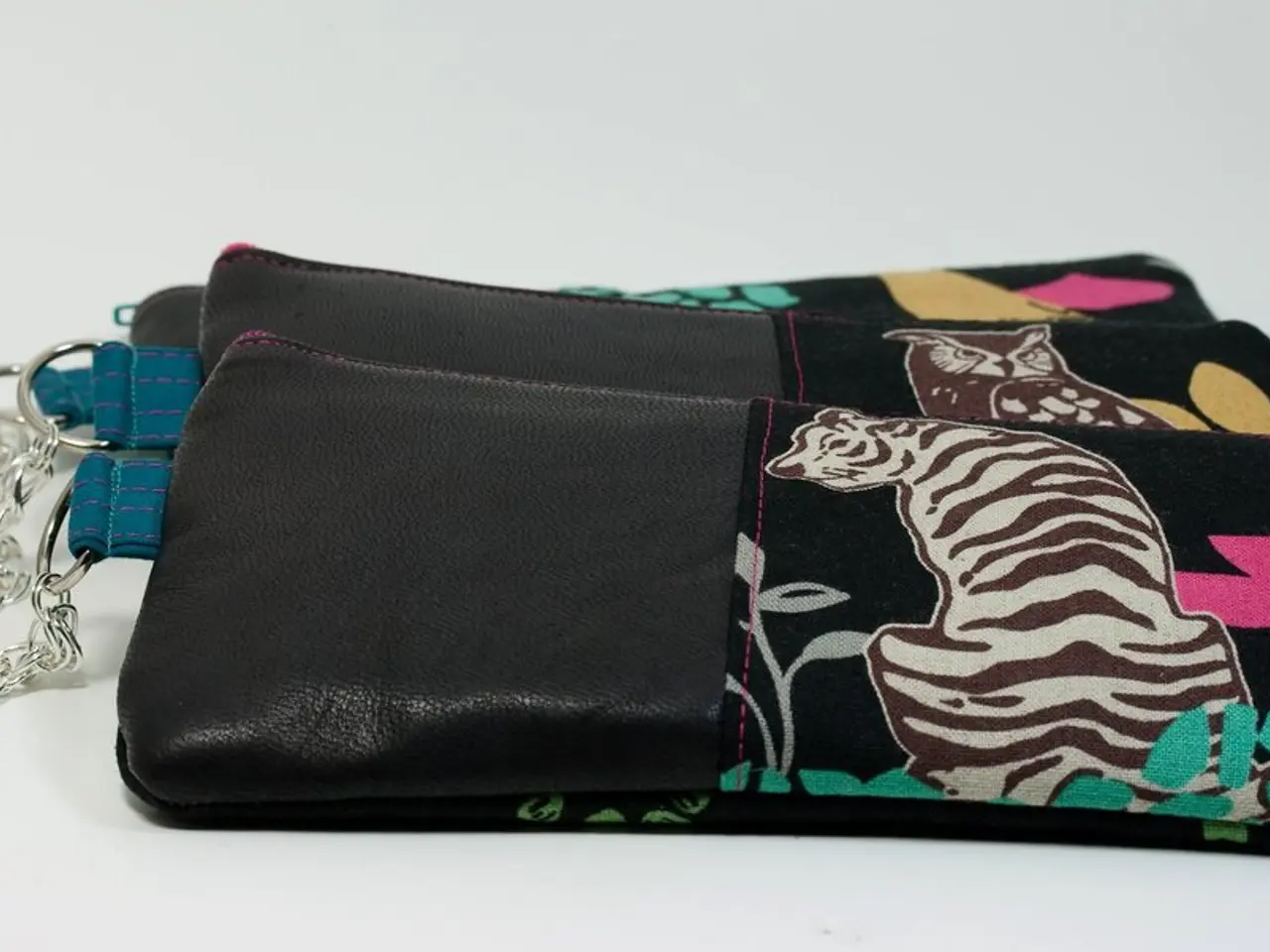Unveil potential connections to money laundering activities under scrutiny
In the ever-evolving landscape of finance and commerce, businesses in the United Kingdom are required to maintain robust anti-money laundering (AML) and counter-terrorist financing (CTF) controls. One key aspect of this is the prompt identification, documentation, and submission of Suspicious Activity Reports (SARs) to the National Crime Agency (NCA).
For businesses operating in sectors such as money service businesses, high value dealers, trust or company service providers, estate agency businesses, accountancy service providers, art market participants, and more, it's crucial to be vigilant about all transactions for signs of suspicious activity.
If a business is registered for money laundering supervision, anyone within the business must report suspicious transactions to the nominated officer. This includes transactions that may not add up commercially, customers who behave strangely or make unusual requests, or those attempting to make exceptionally large cash payments.
If money laundering or terrorist financing is known about or suspected, reports can be made to the NCA or the HMRC Fraud Hotline. In the case of terrorist financing, the 31-day period does not apply, as you will not have a defense until the NCIS grants your request.
The guidelines for reporting suspicious transactions differ slightly according to the type of business but generally follow a consistent framework. A SAR must be made as soon as there are reasonable grounds to suspect money laundering or terrorist financing activities related to a client or transaction.
The report should include why the transaction or activity is suspicious, details about the transaction, information about the client involved, and any other relevant contextual information to support the suspicion. Firms must also keep records related to customer identification, transactions, internal investigations, and communications with the authorities for at least five years after the end of the client relationship or transaction.
Businesses are advised to ensure employees are trained to recognise and respond appropriately to suspicious transactions based on a risk-based approach to AML and CTF. The suspicion is usually reported internally to a Money Laundering Reporting Officer (MLRO) or deputy, who assesses the information and decides whether to file a SAR. SARs are submitted electronically through the appropriate channels to the NCA.
All steps taken in relation to the suspicion, including the decision whether or not to submit a SAR and any communication with the NCA, must be documented and retained. Reporting entities must comply with data protection rules and ensure SARs are handled confidentially to protect the integrity of investigations.
In some jurisdictions, such as the Philippines, Covered Transaction Reports (CTRs) must also be submitted for large cash transactions exceeding a certain threshold, separate from SARs. In the UK, the SAR process is governed under the Proceeds of Crime Act 2002 and the Terrorism Act 2000, and reporting must be done in accordance with these legislations.
In essence, all these businesses must have robust AML controls to detect and report suspicious transactions immediately through SARs to the National Crime Agency, maintaining detailed records and ensuring employee awareness and training in AML compliance. By doing so, they contribute to the prevention of money laundering and terrorism, as the reports made to the NCA are analysed and used to identify the proceeds of crime, counter money laundering, and provide important information to law enforcement agencies.
In the realm of finance and business, it's essential for sectors such as money service businesses and accountancy service providers to be vigilant about all transactions for signs of suspicious activity, as they are required to promptly report any such activities to the Nominated Officer. This includes transactions that seem commercially incongruous, customers exhibiting strange behavior, or large cash payments.
Firms, if registered for money laundering supervision, should establish a consistent framework for reporting suspicious activities, detailing the reasons for suspicion, transaction details, client information, and any relevant contextual evidence in the SAR they submit to the National Crime Agency (NCA). For businesses operating in the UK, these reports must align with the Proceeds of Crime Act 2002 and the Terrorism Act 2000.




